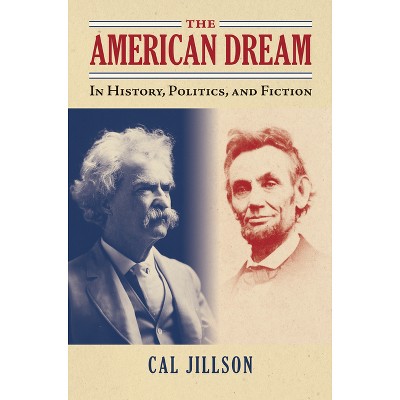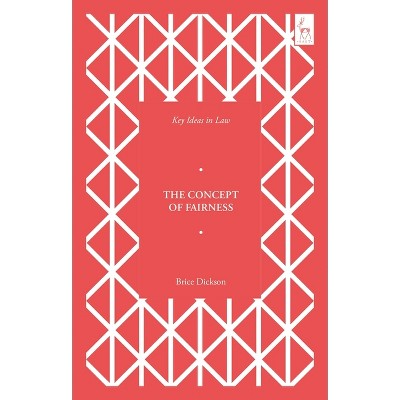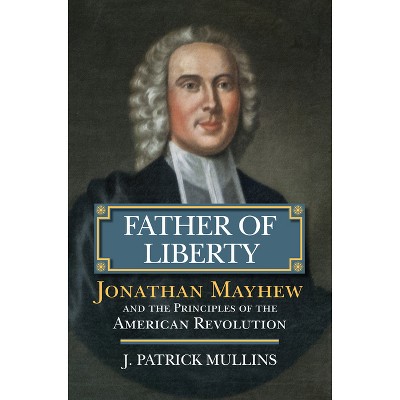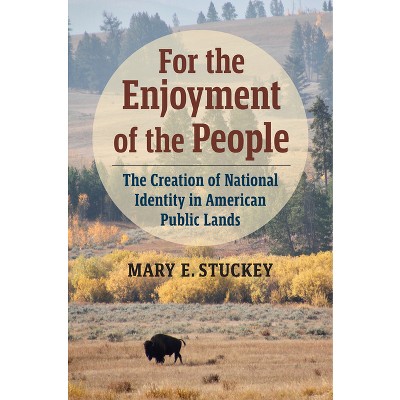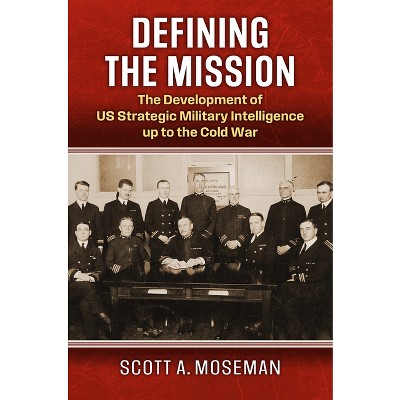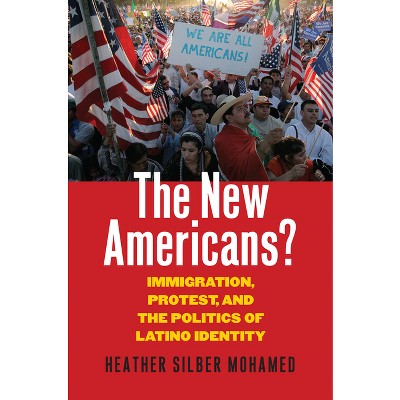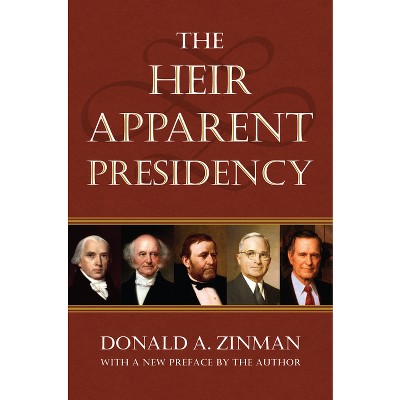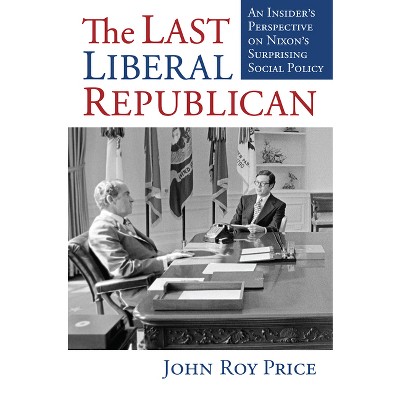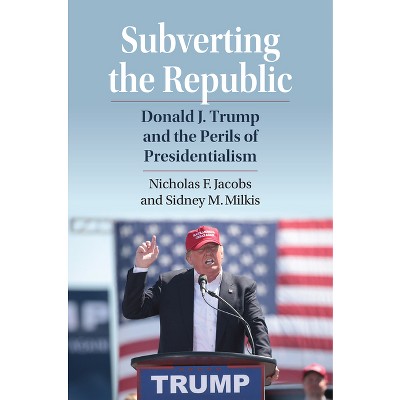Sponsored

Defining Americans - by Mary E Stuckey (Paperback)
In Stock
Sponsored
About this item
Highlights
- Winner: Bruce E. Gronbeck Political Communication AwardWinner: APSA Presidents and Executive Politics Legacy AwardAndrew Jackson spoke to Americans in ways that reflected the concerns of a young nation.
- Author(s): Mary E Stuckey
- 424 Pages
- Political Science, American Government
Description
Book Synopsis
Winner: Bruce E. Gronbeck Political Communication Award
Winner: APSA Presidents and Executive Politics Legacy Award
Andrew Jackson spoke to Americans in ways that reflected the concerns of a young nation. Grover Cleveland helped citizens redefine themselves after the havoc of the Civil War era. FDR confronted widespread hardship with hope and determination, while Eisenhower spoke to our fears of the Communist menace. Throughout our history, presidents by their very utterances have shaped our sense of who we are as Americans.
As Mary Stuckey observes, presidents embrace, articulate, and reinvigorate our sense of national identity. They define who Americans are--often by declaring who they aren't. In this book, she shows how presidential speech has served to broaden the American political community over the past two centuries while at the same time excluding others.
Ranging broadly from Andrew Jackson to Bill Clinton and George W. Bush, Stuckey demonstrates how presidents accomplish the dual enactment of inclusion and exclusion through their rhetorical and political choices. Our early leaders were preoccupied with balancing the growing nation; later presidents were concerned with the nature and definitions of citizenship. By examining the political speeches of presidents exemplifying distinctly different circumstances, she presents a series of snapshots which, when taken together, reveal both the continuity and the changes in our national self-understanding.
Ambitious and sweeping, Stuckey's work documents the tactics that have naturalized and legitimated inclusion and exclusion, tracing the progress of groups such as women and African Americans from political invisibility to partial visibility and eventual inclusion. She also shows how the terms of inclusion have varied with changing political winds, helping us understand how depictions of the powerless by the powerful reflect and influence the status of various groups.
Stuckey's analysis shows how presidents use language rooted in their times and circumstances to frame and influence contemporary definitions of citizenship. A provocative book that documents the changes in our understanding of who is and who isn't one of "us," Defining Americans reveals that all presidents draw upon the same set of national ideals, values, and events--but not all use those ideas in precisely the same ways.
Review Quotes
"This book is an ambitious work of broad scope, dealing with some of the most important questions ever processed through the American political system."--American Historical Review
"A powerful, ambitious book on the connection between American presidents and American identity. . . . In all, this is a very good cultural history of the American presidency as it is presented in key moments in time. Stuckey is to be commended for her intriguing analysis, her provocative commentary, and thoughtful insights into the presidential office and the nation's identity."--Perspectives on Politics
"In this well-researched, well-organized study, the author examines the rhetoric of various presidents who have addressed the values, beliefs, and agenda that have informed the nation's character and given direction to its aspirations."--Choice
"Presidents claim to speak for 'we the people.' Stuckey's bold and insightful book deconstructs the rhetoric through which presidents have excluded and even vilified some Americans even as they have included and acclaimed others. Through fascinating case studies of some of our best and worst presidents, Stuckey compels us to confront the powerful part that all have played in defining who we are."--Bruce Miroff, author of Icons of Democracy: American Leaders as Heroes, Aristocrats, Dissenters, and Democrats
"Students of history, politics, and rhetoric will profit from this insightful study of the nexus between language and culture."--David Zarefsky, author of Lincoln, Douglas, and Slavery: In the Crucible of Public Debate
Shipping details
Return details
Frequently bought together

Trending Non-Fiction


